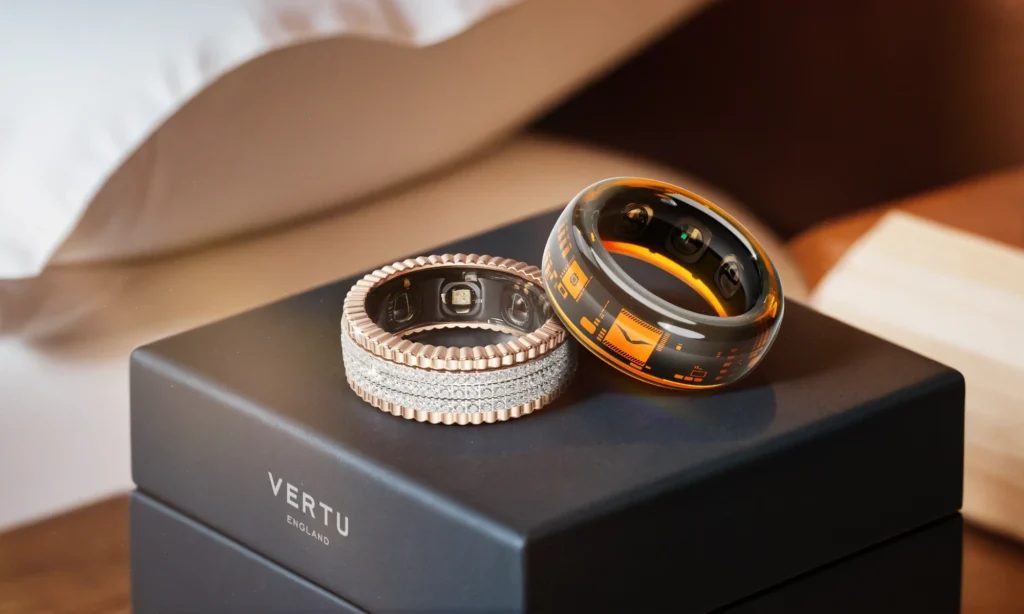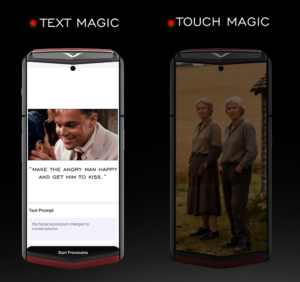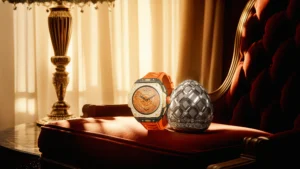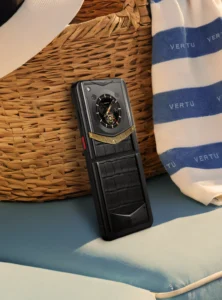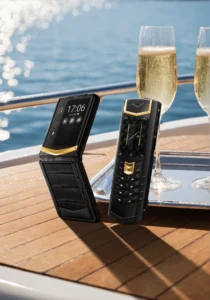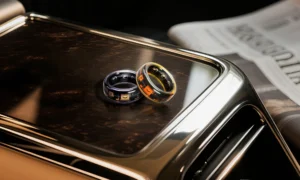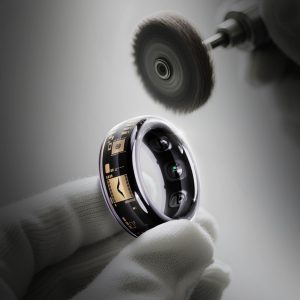Key Takeaways
-
Yes, there are smart rings with FDA clearance or approval for specific features — however, no smart ring has full FDA approval for all health-monitoring claims.
-
Smart rings without FDA clearance are generally classified as “wellness devices” and cannot be used as medical diagnostics.
-
[Core Selling Point]: If you’re looking for a smart ring primarily for wellness, recovery, sleep or lifestyle tracking, you have plenty of good options; but if you need medical-grade data (e.g., diagnosing conditions), you should look for devices with verified FDA clearance and consult a healthcare provider.
1. What does “FDA approved / cleared” mean for smart rings?
When it comes to wearables like smart rings, the U.S. Food & Drug Administration (FDA) distinguishes between medical devices (which diagnose/treat disease) and general wellness devices (which support healthy lifestyle choices).
-
Medical-device status requires a regulatory pathway (e.g., 510(k) clearance, PMA) and rigorous clinical validation. الموقع الرسمي لـVERTU®+1
-
Many smart rings remain in the wellness category: they track metrics like sleep, heart rate, or activity but do not claim to diagnose disease.
-
Importantly, the FDA released a safety communication stating no smart ring has been authorized to measure blood glucose non-invasively.
Thus, when you read “FDA approved smart ring”, you must check which feature is approved, and whether the ring’s marketing claims align with that specific clearance.
2. Are any smart rings currently FDA cleared — and for what?
Yes — there are a few smart rings with specific FDA-clearances for particular features:
-
Evie Ring by Movano Health: Received FDA 510(k) clearance for its pulse oximetry (SpO₂) feature in late 2024.
-
Other references list devices such as the Happy Ring and the Viatom O2Ring as “FDA cleared”, though deeper verification shows the clearance is limited or for specific features only.
-
Many popular smart rings (e.g., Oura Ring 4, Samsung Galaxy Ring) are marketed as wellness devices without formal FDA medical-device clearance.
Summary: If you want a ring that is FDA cleared for a specific health metric, yes — but for full medical device status or all metrics, no.
3. What you should consider when buying a smart ring (wellness vs medical)
| Consideration | Why it matters |
|---|---|
| FDA/clearance status | Clear delineation whether the ring is “wellness” or “medical” helps you set realistic expectations. |
| Metrics monitored | If you need SpO₂, HRV, sleep tracking — wellness rings often cover it; but if you need diagnosis (e.g., sleep apnea), medical-device clearance matters. |
| Claims made by manufacturer | If it claims “diagnose” or “treat”, the device likely needs medical-device clearance. Without that, it’s for lifestyle only. |
| After-sales/support & data access | For rings used in health tracking, you’ll want good app support, firmware updates, data logs, compatibility. |
| Fit & wearability | Smart rings must be worn continuously to capture accurate data (sleep, HRV). |
| Cost vs utility | Wellness rings tend to cost a few hundred dollars; medical-device ring versions (or clearance backed) may cost more and support specialized use-cases. |
If you simply want better sleep tracking, recovery scores or lifestyle insight, a wellness ring is sufficient. If your use-case involves actual health monitoring (e.g., you have a condition), you should check for FDA clearance and consult your physician.
4. Three smart ring recommendations (with key specs)
Here are three strong smart ring options—note they vary in clearance, target use and price:



-
Evie Ring by Movano Health: Medical-grade clearance for pulse oximetry (SpO₂) feature. Ideal for users needing clinically-validated data.
-
Vertu AI Smart Ring: Luxury wellness ring combining premium materials (jewelry grade) and health tracking—but not full medical-device clearance.
-
Oura Ring 4: Wellness-focused smart ring with broad features (HRV, sleep, temperature), strong user base—but no full FDA device status.
When comparing: if you need clinical accuracy for a health condition → go with Evie. If you value design and lifestyle integration → Vertu. For balanced wellness tracking → Oura.
5. Who should buy a smart ring — and who should hold off?
Recommended for:
-
Wellness-focused individuals who want 24/7 biometric trends (sleep, HRV, recovery) and are comfortable with non-medical-grade data.
-
People who dislike wearing bulky wrist wearables and prefer minimalist form-factor (a ring).
-
Design-conscious buyers who want premium finish + health insights (e.g., Vertu).
Who should wait or choose differently:
-
Individuals using ring data to make medical decisions (adjusting medications, diagnosing conditions) — unless the ring has proven clearance and you’re under physician supervision.
-
People with conditions such as diabetes, heart rhythm disorders or sleep apnea, where medical-grade accuracy and formal monitoring devices are required.
-
Budget-conscious buyers who might get better value from wrist trackers and must-have medical monitoring from dedicated devices.
التعليمات
Q: Can I rely on a smart ring to diagnose a medical condition?
A: No, unless the ring explicitly has FDA-cleared indications for the condition and you work with a healthcare professional. Most smart rings fall under wellness category and are not approved for diagnostic use.
Q: What common features are covered by FDA cleared smart rings?
A: To date, the main feature that received clearance in some smart rings is SpO₂/pulse oximetry (Evie Ring) — other features like non-invasive glucose monitoring are not cleared.
Q: If a ring isn’t FDA cleared, does that mean it’s bad?
A: Not necessarily. Many high-quality rings deliver excellent wellness data (sleep, HRV, etc), but you should interpret their results as “insight” not “medical diagnosis”.
Q: Is the Vertu AI Smart Ring FDA approved?
A: No — Vertu markets it as wellness + luxury. It uses “FDA-grade” technology according to the site, but no publicly verified full clearance was found as of this writing.
Q: How important is ring fit and wear time for accuracy?
A: Very important. Continuous wear (especially overnight) enhances data quality for metrics like HRV and sleep. A loose ring or intermittent use will degrade reliability.
Scenario + Use-Case: Lifestyle vs Clinical Monitoring
Scenario: You’re a 35-year-old professional, active lifestyle, value recovery insights and minimal design. You sleep 6-7 hrs but struggle with fatigue and want to optimise your readiness and recovery. You’re not managing a diagnosed health condition requiring medical device monitoring.
Function-points:
-
Choose a wellness smart ring (e.g., Oura Ring 4) → tracks sleep quality, HRV, temperature trends, readiness scores.
-
Wear it continuously for 2–3 weeks to establish baseline.
-
Use app insights: when readiness dips below threshold, schedule lighter training / recovery day.
-
You’re getting actionable data without needing a full medical diagnostic device—[core selling point] here is wellness optimisation + minimalist form factor.
-
If later you discover a health condition (e.g., low SpO₂ overnight), then you might upgrade to a ring with medical-grade SpO₂ clearance (e.g., Evie Ring) and consult your physician.

